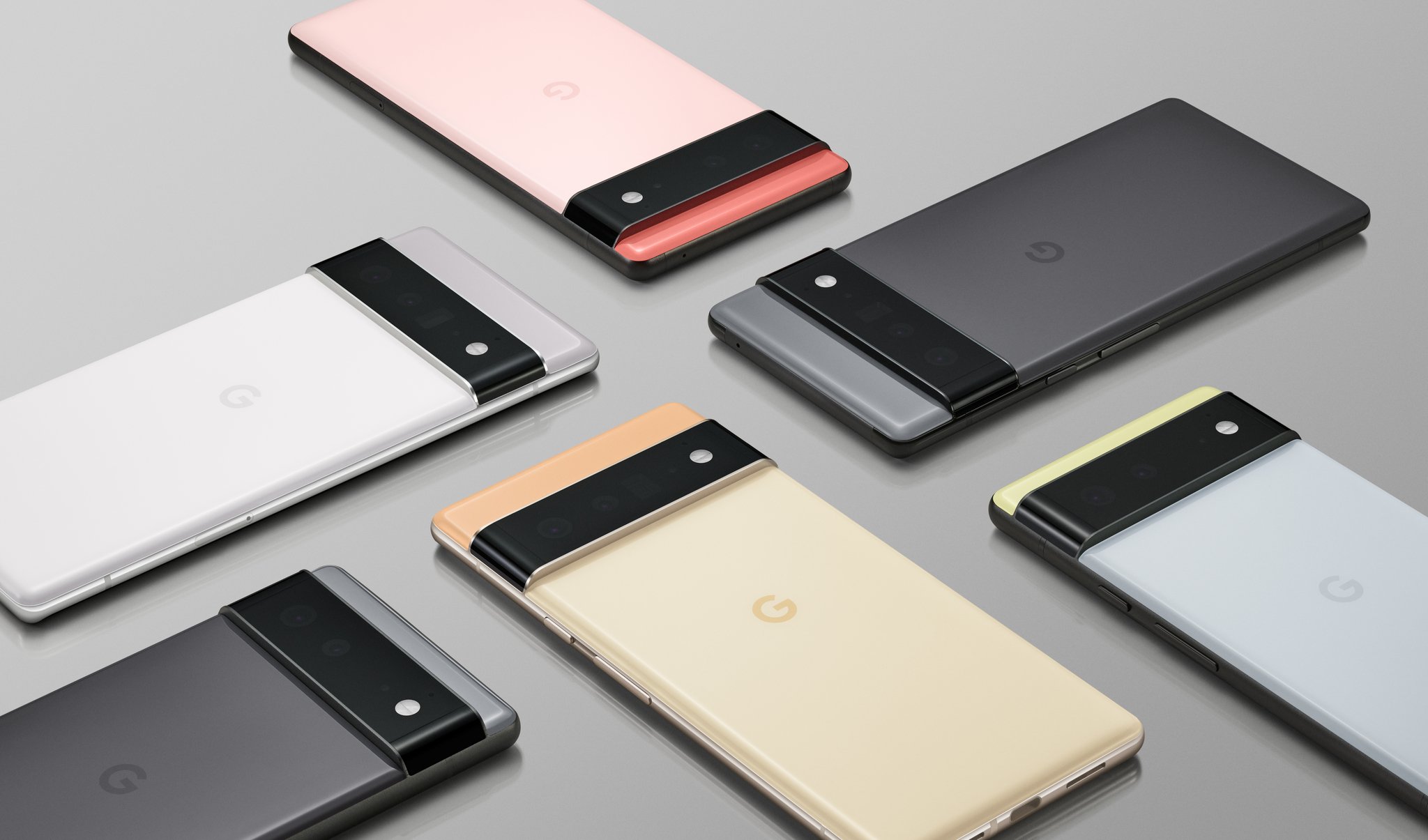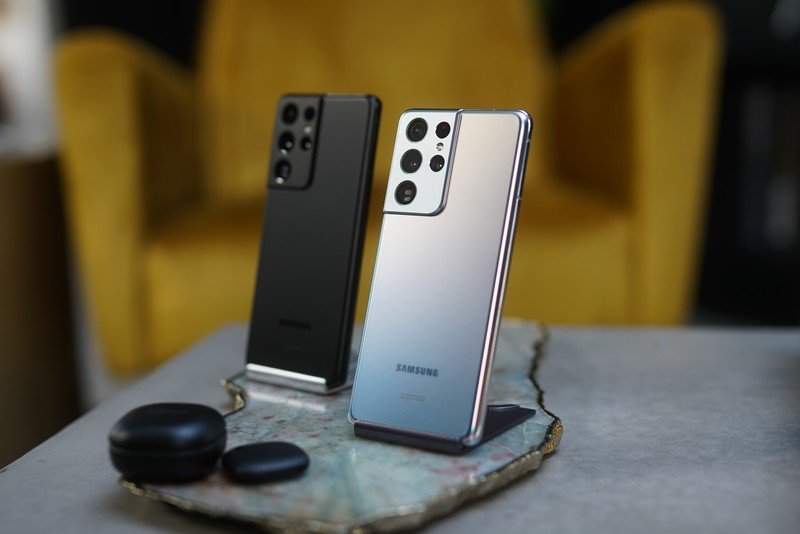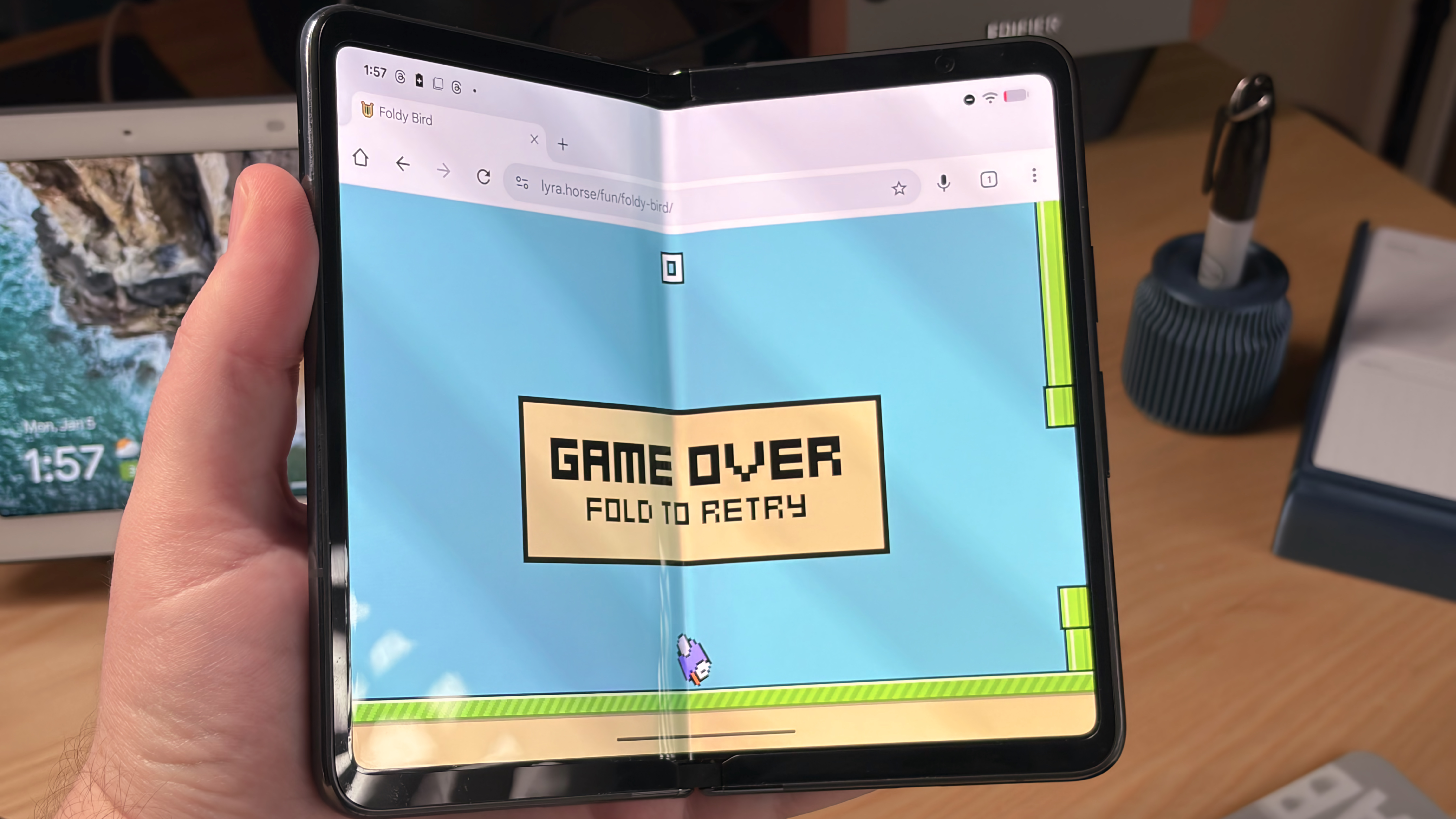Google Pixel 6: The best Samsung phone of 2021?

It sure looks like Samsung will be making the main camera sensor in the upcoming Google Pixel 6 series. Recent code-digging in the Android 12 beta Google camera app has unearthed references to the Samsung ISOCELL GN1, which would be the largest sensor we've seen in a Pixel by some margin — all the better to pull crisp, clear shots out of lower-light scenes, and feed ever more data to Google's HDR+ algorithms.
If true, the GN1 wouldn't be alone. Between the recent news that Samsung will manufacture Google's new Tensor processor and that the Pixel 6 will use a Samsung Exynos 5G modem, it sure looks like there's a lot of Samsung in Google's upcoming flagship phones. And that's led some to speculate whether the Pixel 6 is largely a Samsung flagship with Google branding.
Quite a lot of the Pixel 6's components will probably have come out of a Samsung factory.
Aside from the SoC (including the modem) and camera sensor, there's a decent chance the RAM, internal storage, and display in your future Pixel 6 might also have been made in a Samsung factory. Samsung is a major manufacturer in all three of those component areas, after all, and early leaks by Jon Prosser's FrontPageTech point to an AMOLED display for the smaller Pixel 6 — an acronym which specifically refers to Samsung's display tech. According to Strategy Analytics, Samsung claimed a leading 42% of the global smartphone memory market in the first quarter of 2021. The same firm gives Samsung a 50% profit share in smartphone displays and 29% profit share for smartphone image sensors — second only to Sony in that category.
So even if your phone doesn't have a Samsung logo on the back, it may be packed with Samsung components. For OLED phone screens, in particular, Samsung Display is far and away the market leader.
Samsung leads in smartphone memory and display tech and is second only to Sony in imaging.
Samsung LSI, the conglomerate's semiconductor arm, is also one of the few potential partners with the expertise — and existing close relationship with Google — to create the Tensor processor. Likewise, while there are plenty of options for relatively large smartphone image sensors, most of the comparable sensors from the dominant Sony have been developed exclusively in partnership with Chinese brands like Oppo, OnePlus, and Huawei, ruling them out for the Pixel.
Samsung can claim credit for a lot of the hardware inside what may be two of the best Android phones of the year. But there's a big difference between supplying the ingredients and baking the cake. Just because the Pixel 6 has a Samsung screen, a Samsung image sensor, and probably Samsung memory too, that doesn't mean it's a Samsung phone. The key difference between the Pixel 6 and, for example, older collaborations like the Nexus S and Galaxy Nexus has to do with who's truly in the driver's seat.

There's a big difference between supplying the ingredients and baking the cake.
With Nexus products, manufacturers pitched devices to Google, and winners were chosen to be taken forward into development. The manufacturer was in charge of the nitty-gritty hardware details, for the most part, while Google led the software efforts. Both companies were in control.
Get the latest news from Android Central, your trusted companion in the world of Android
Pixel phones are different, with Google designing everything in-house, making key component decisions, and contracting iPhone assembler Foxconn to put the whole package together. Samsung is a supplier, and Samsung components just happen to be the best fit for the phone Google wants to build this year. In the context of a growing partnership with Samsung around Wear OS, it's only natural that some observers see a pattern. But these are Google's phones, and the product decisions that really matter are made in Mountain View, not Seoul.
Will we see greater cooperation between Samsung and Google in the future? Given the nature of the relationship around Wear OS and Tensor, in particular, you can bet this year won't be a one-off. But whether the Pixel 6 is the high-end Google phone we've been waiting for or the biggest flop in the series' history, it'll be Google that deserves the credit (or the blame), not Samsung.

Alex was with Android Central for over a decade, producing written and video content for the site, and served as global Executive Editor from 2016 to 2022.

